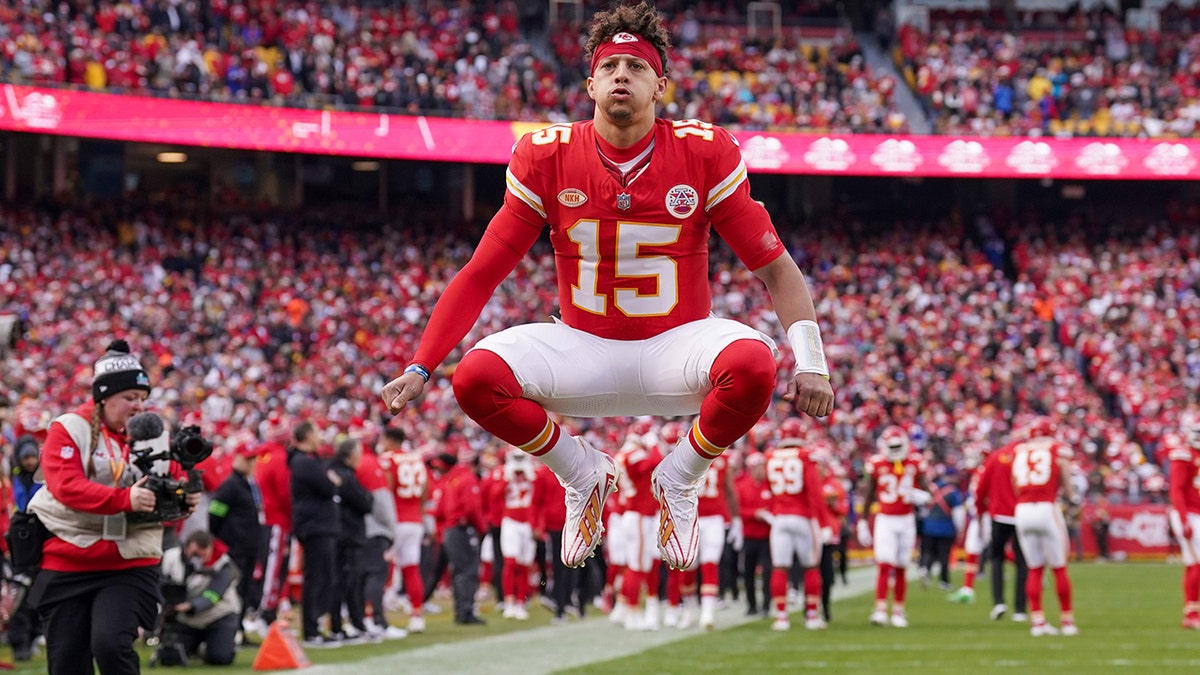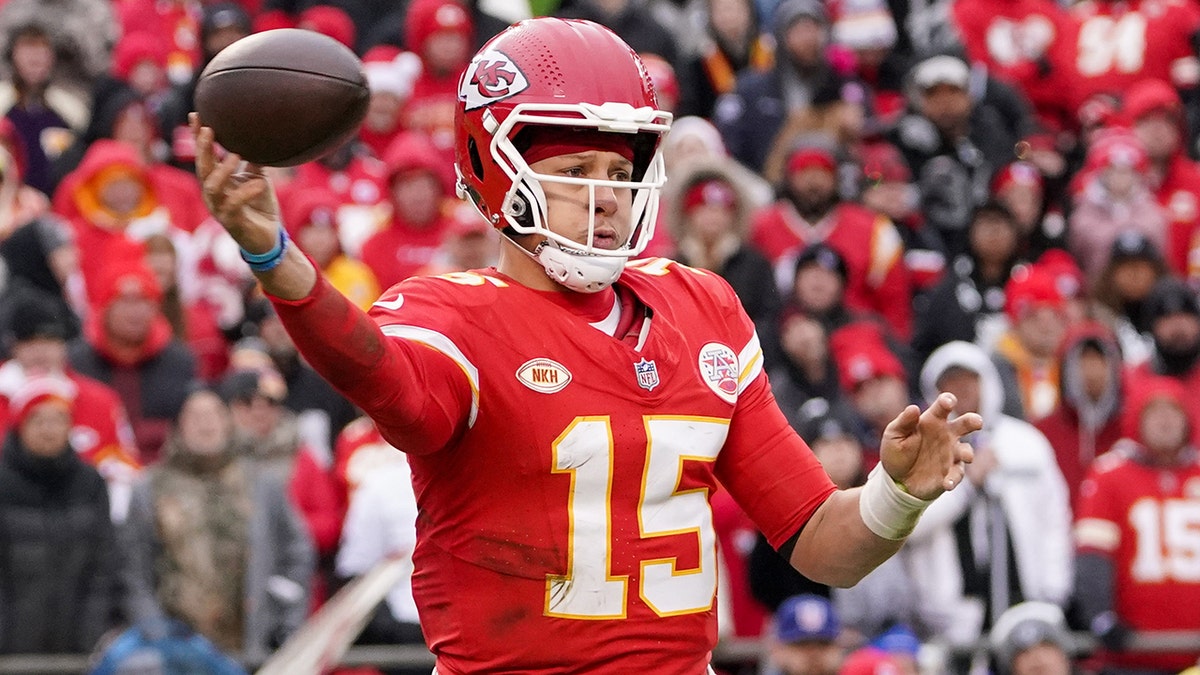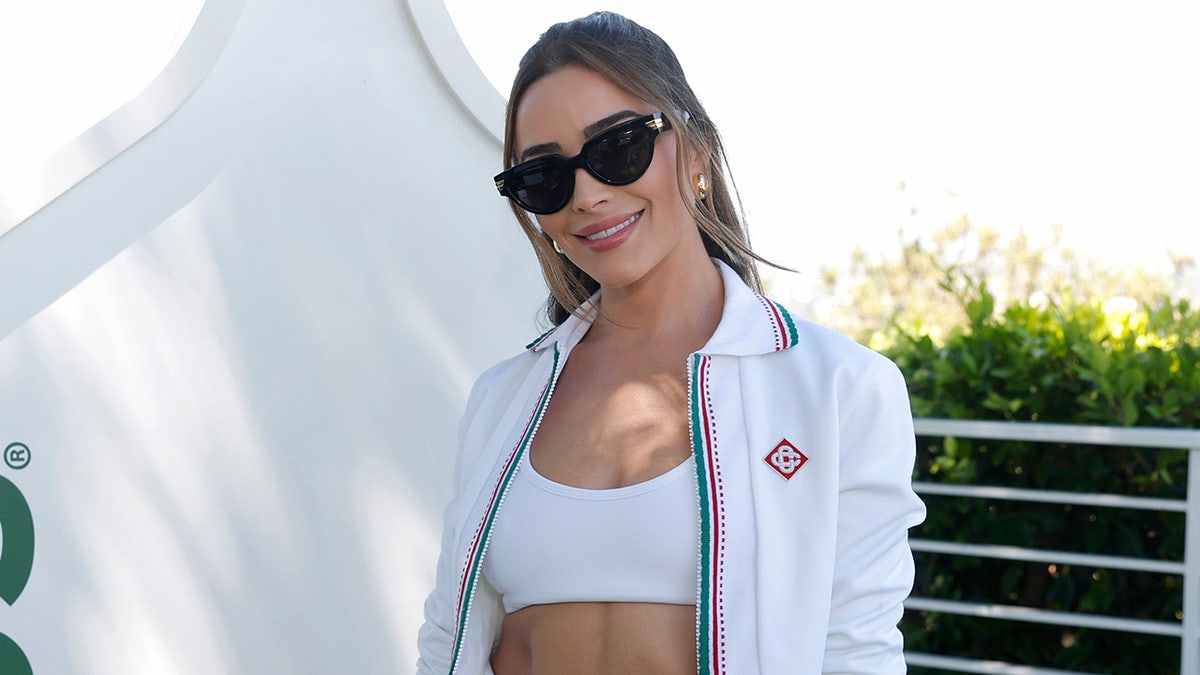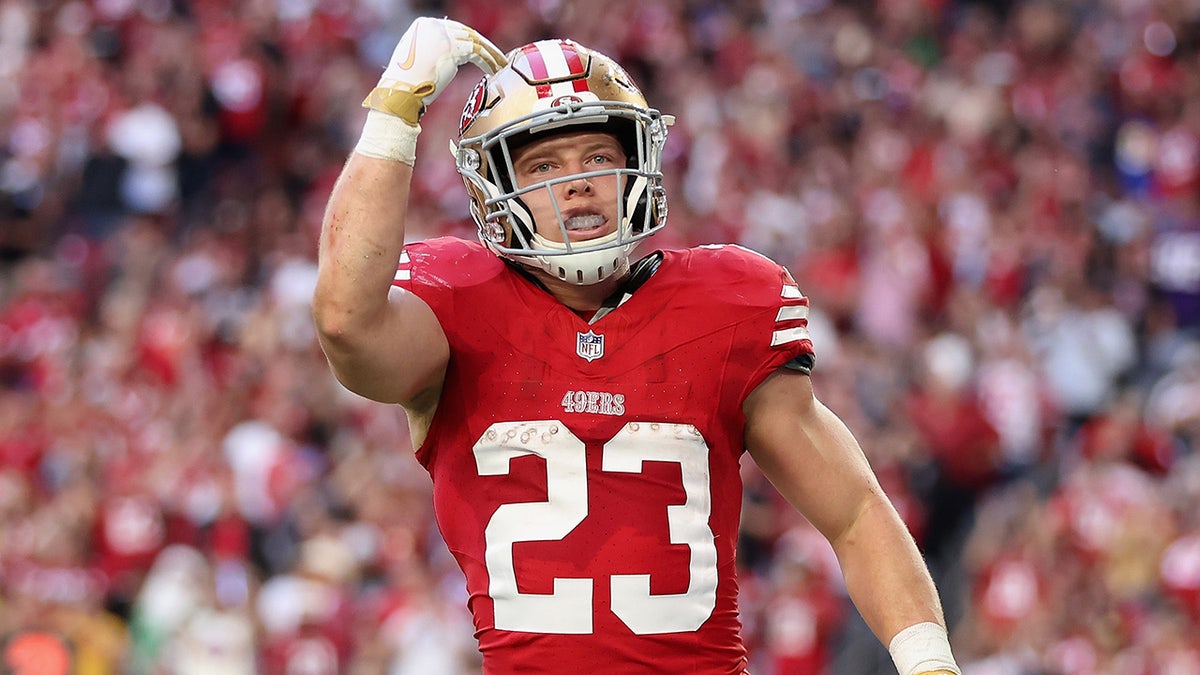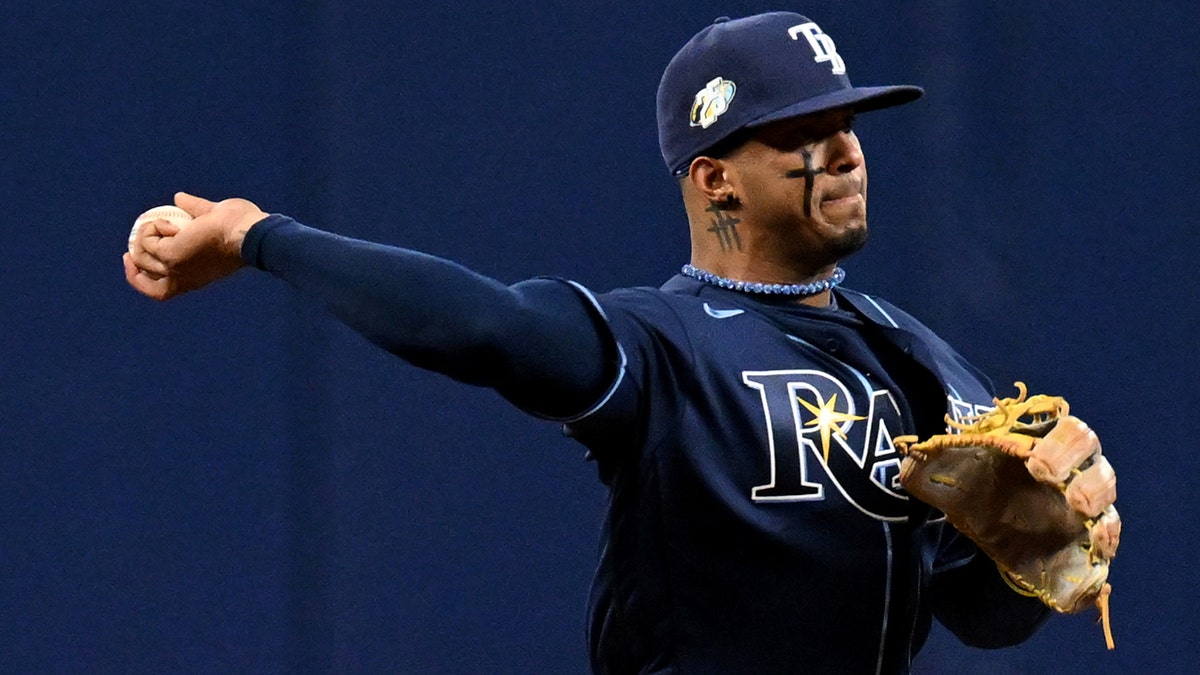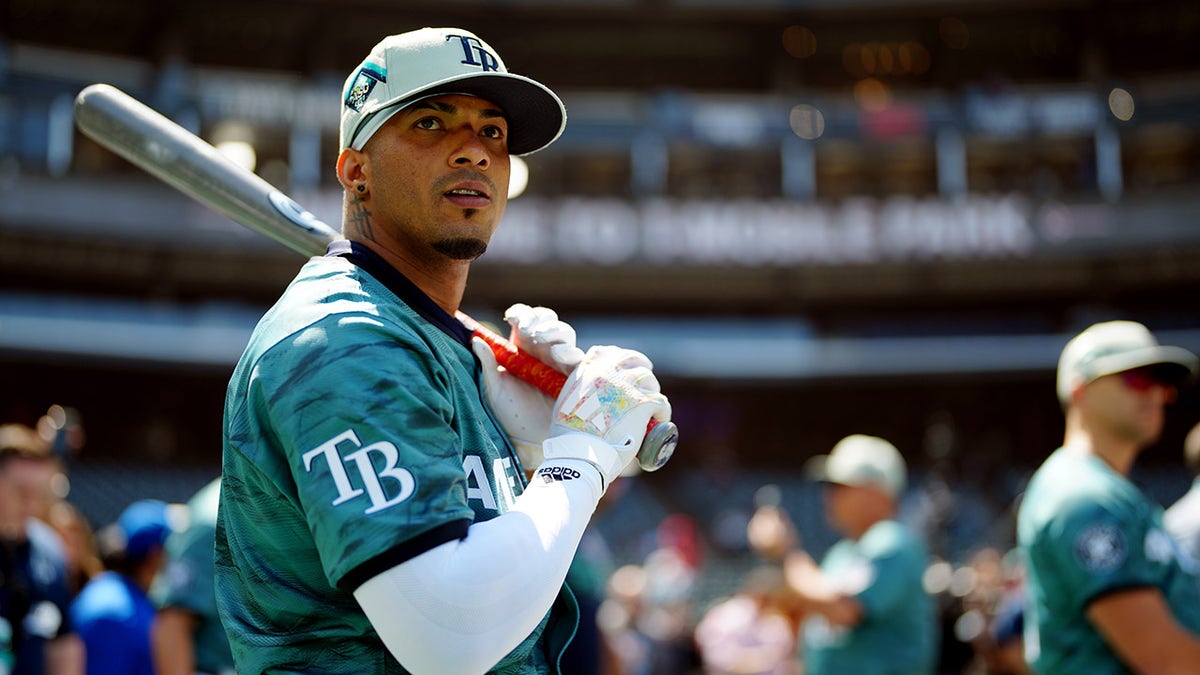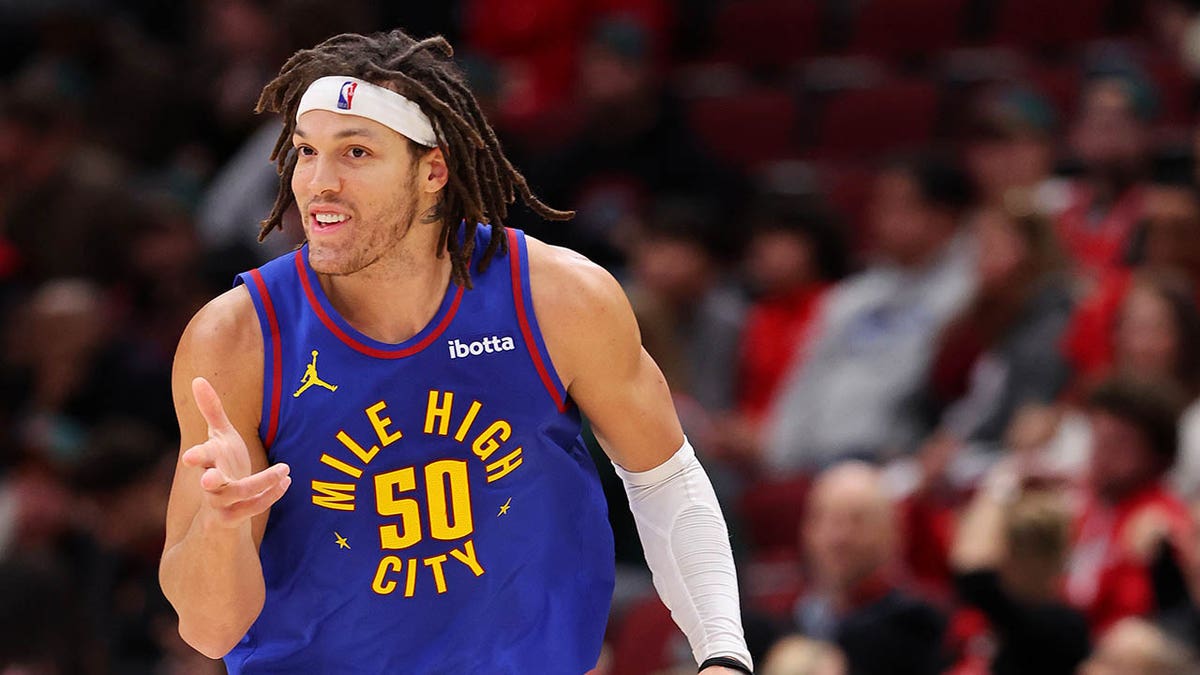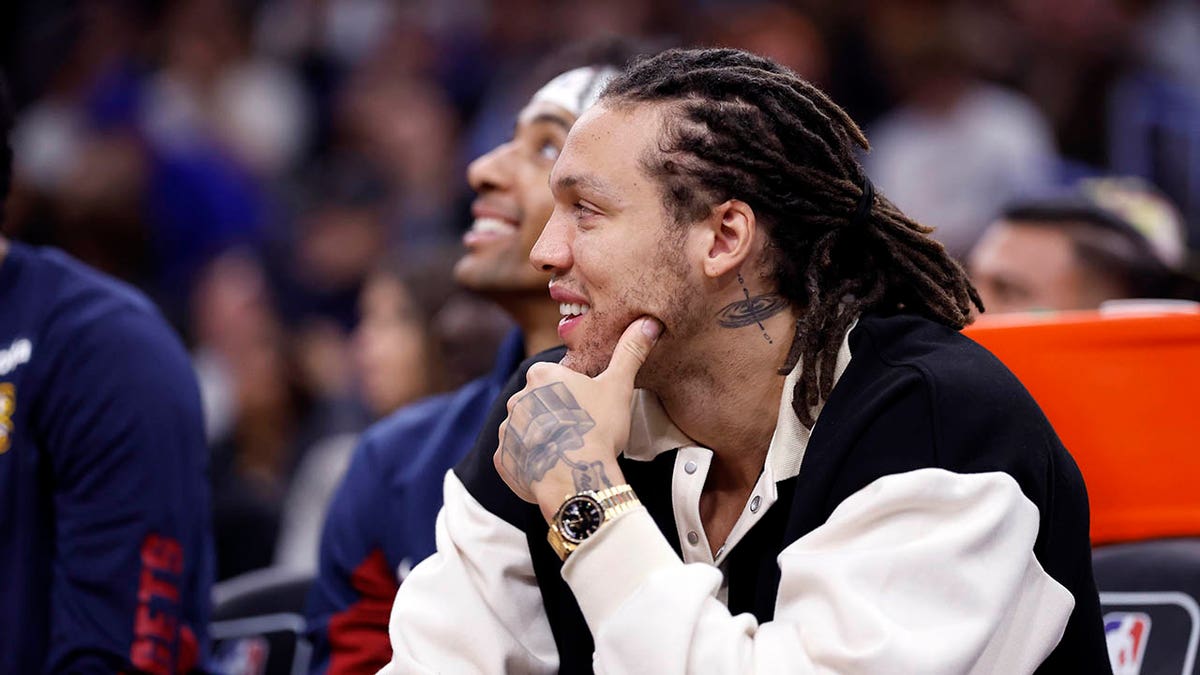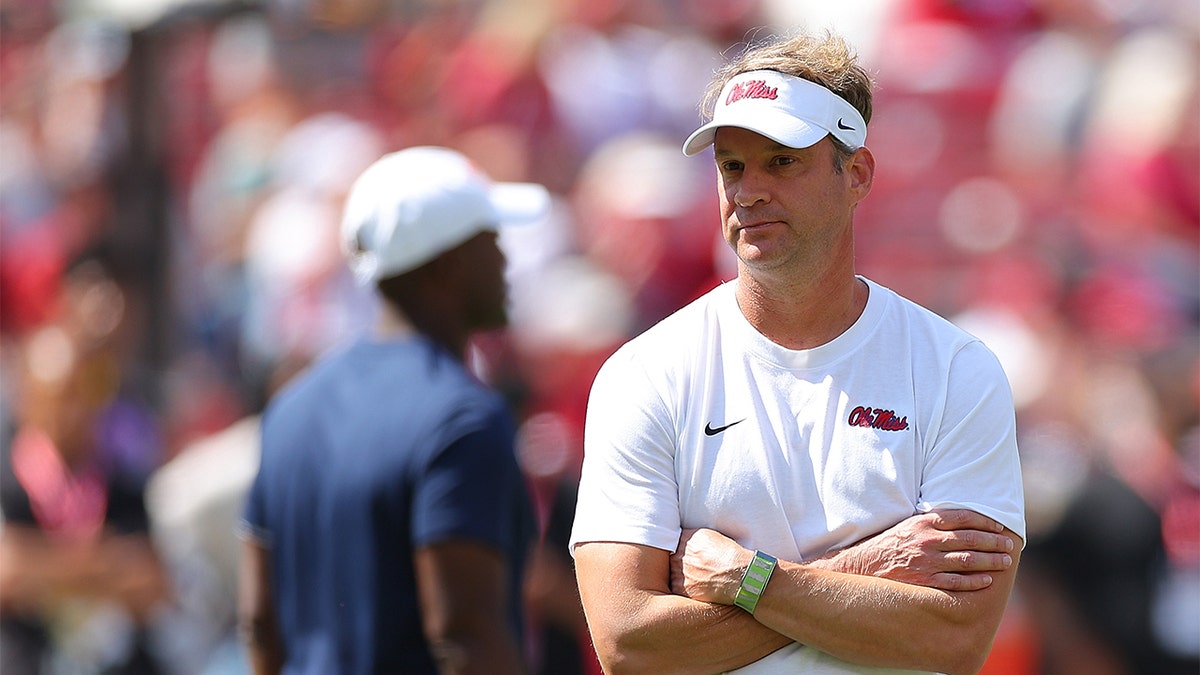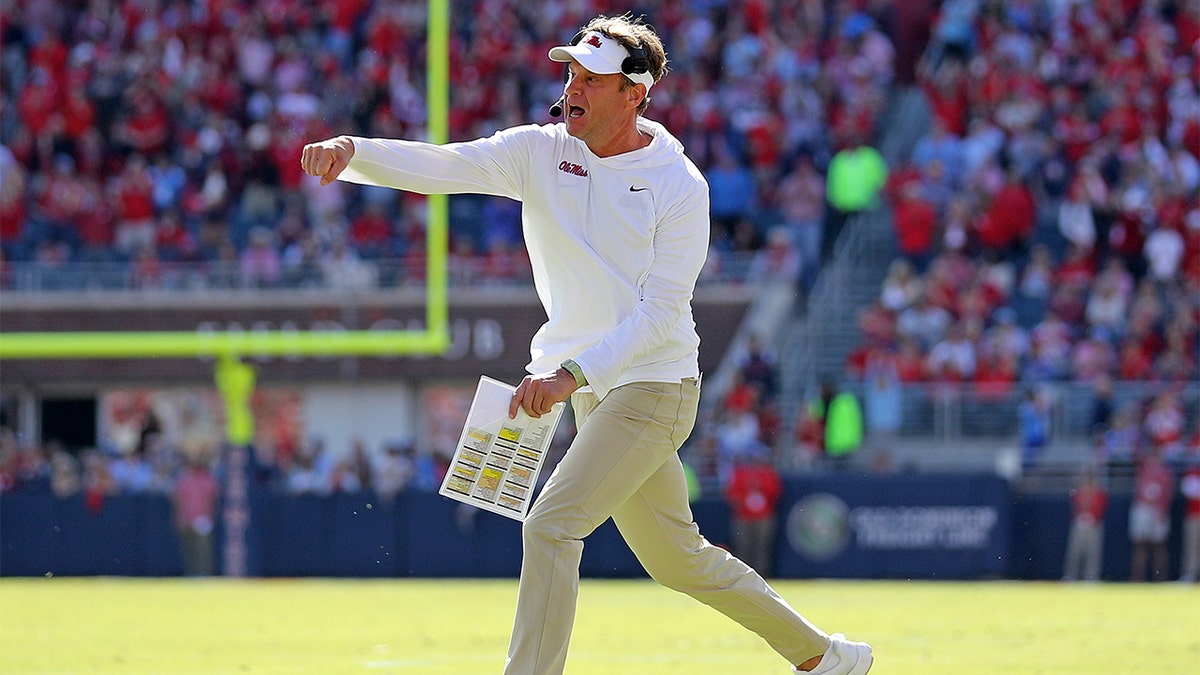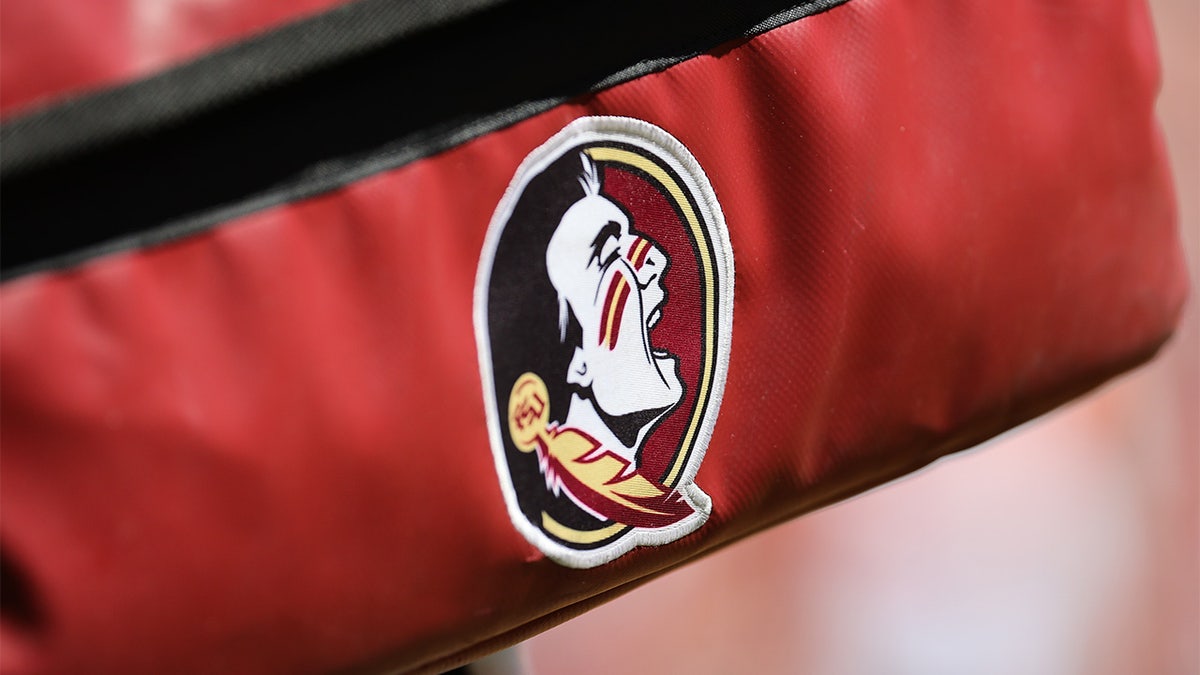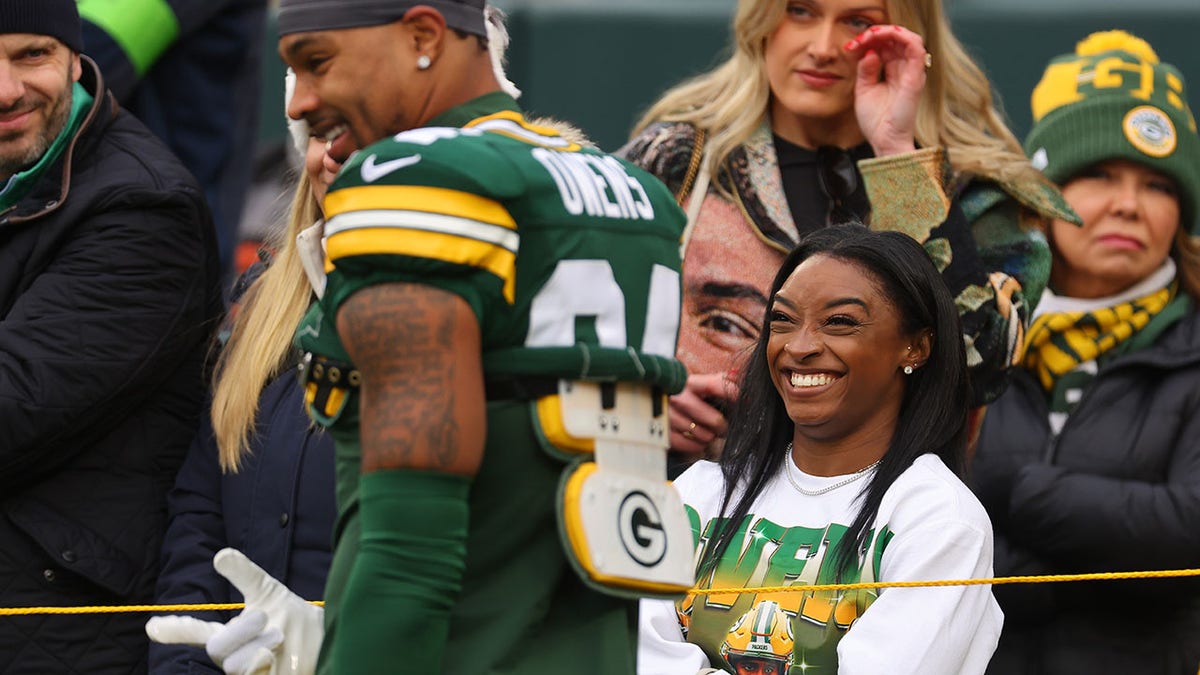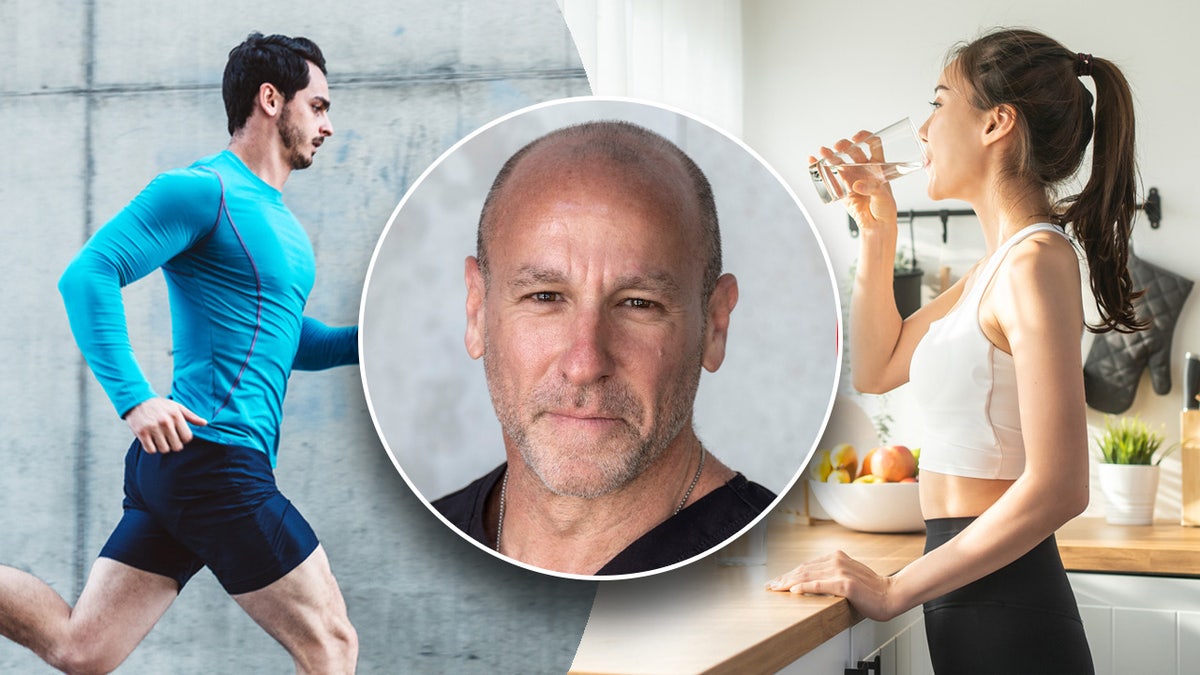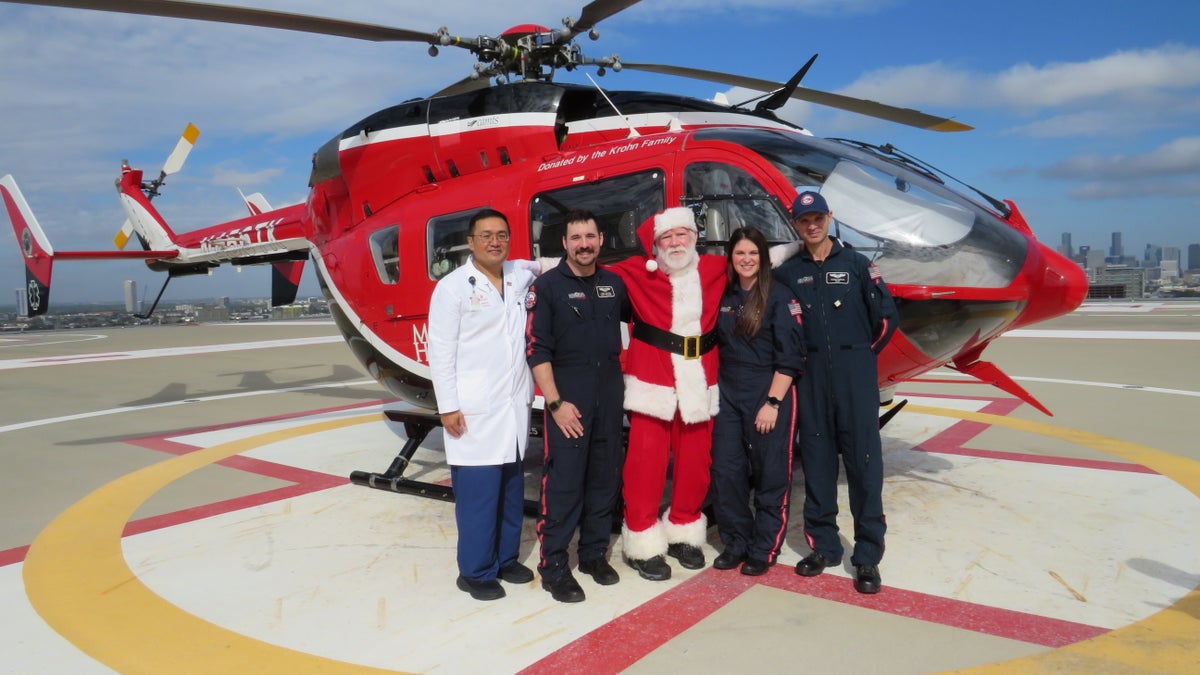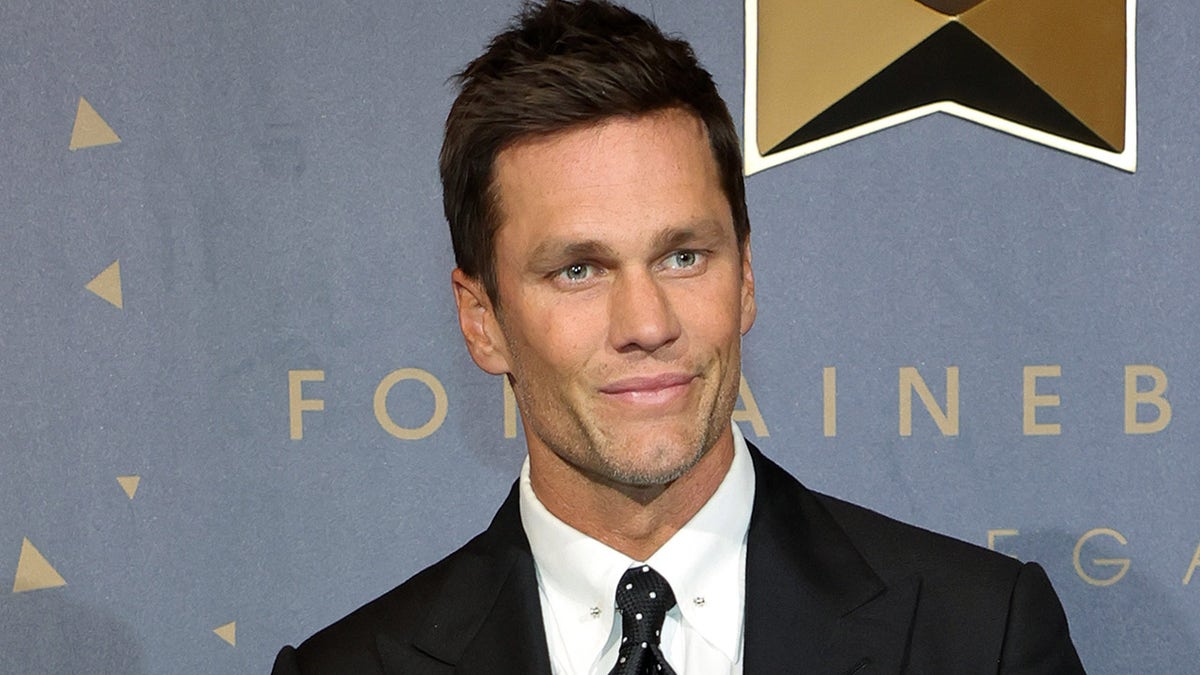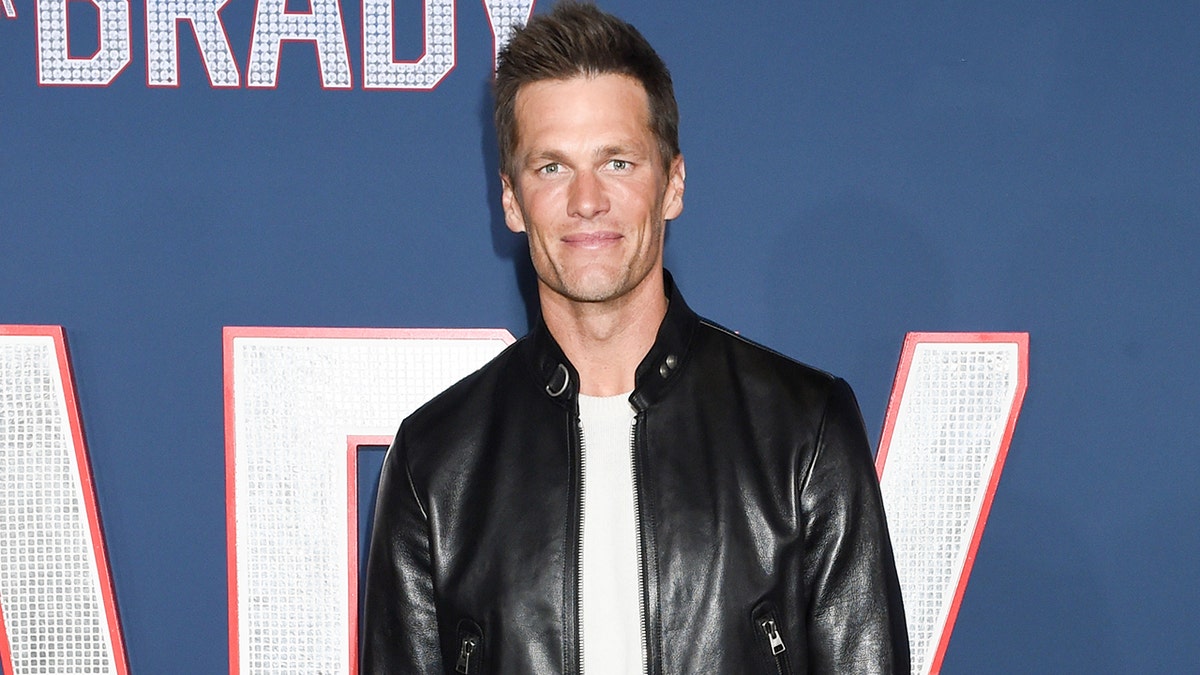This story discusses suicide. If you or someone you know is having thoughts of suicide, please contact the Suicide & Crisis Lifeline at 988 or 1-800-273-TALK (8255).
Under a new law that would go into effect in March, patients suffering from mental illness in Canada would be able to have access to an assisted death, according to the New York Times.
Canada already offers the option to terminally and chronically ill patients.
Bill C-7, which passed in March 2021, acknowledged that “further consultation and deliberation are required to determine whether it is appropriate and, if so, how to provide medical assistance in dying (MAID) to persons whose sole underlying medical condition is a mental illness.”
On February 2, 2023, the federal government announced plans to delay MAID eligibility for people whose sole medical condition is mental illness until March 17, 2024, according to Dying with Dignity Canada.
Canada currently offers assisted death to terminally and chronically ill patients. Now, the country may also offer the practice to people suffering from mental illness. (iStock)
Dying With Dignity Canada is the national human-rights charity that says it is committed to improving the quality of dying, protecting end-of-life rights and helping Canadians avoid unwanted suffering.
If the law passes, it would make Canada one of about half a dozen countries that allow the procedure for that type of illness.
Prime Minister Justin Trudeau and his administration have been criticized for the new policy since it was announced, with some members of the Conservative Party accusing the government of promoting a “culture of death.”
CANADIAN GOVERNMENT REPORTS EUTHANASIA ACCOUNTED FOR 4% OF ALL DEATHS IN 2022

Canada Prime Minister Justin Trudeau speaks in the House of Commons on Parliament Hill in Ottawa, Ontario, Tuesday, Oct. 31. (Adrian Wyld/The Canadian Press via AP)
An Ipsos poll, commissioned by Dying With Dignity Canada in 2023, showed that a strong majority of people in Canada, nearly 80%, support the bill.
Supporters claim denying mentally ill people access to the same humane option to end their suffering amounts to discrimination.
Parliament has delayed adding mental illness as an option to receive an assisted death for the past three years over concerns about how they can administer it and added that it could get delayed again. Canada’s existing assisted death law only applies to people who are terminally ill or living with physical disabilities or chronic, incurable conditions.
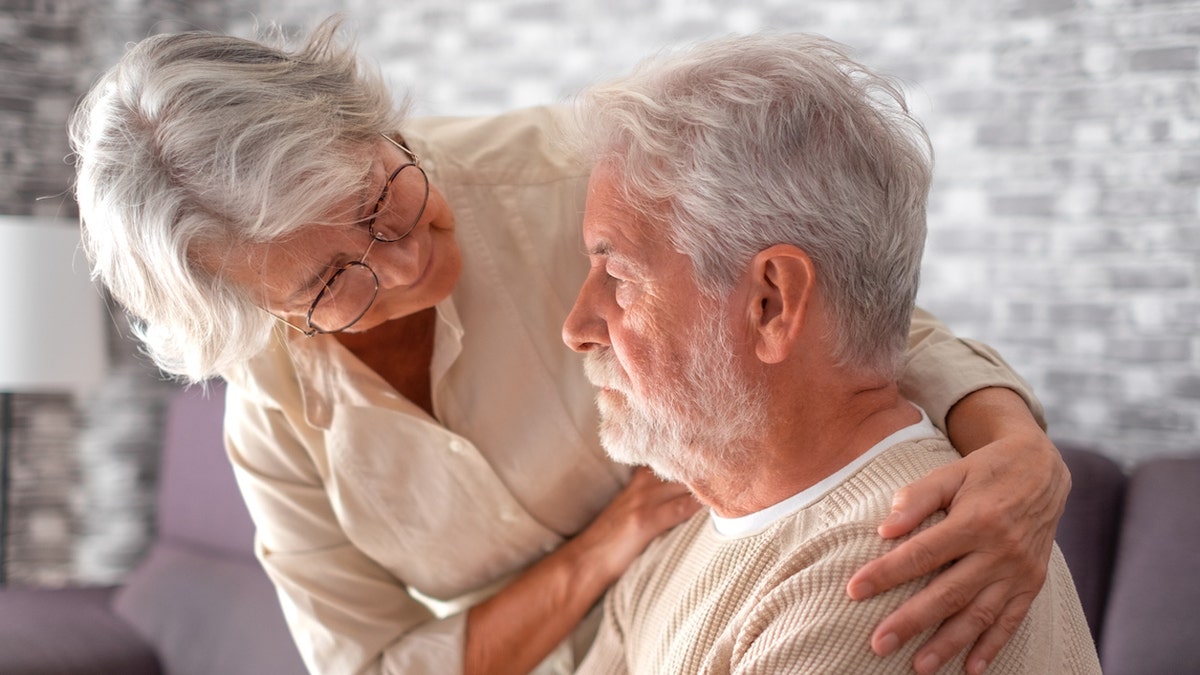
People suffering from mental illness may soon be offered assisted death in Canada. (iStock)
In 2015, Canada’s Supreme Court decriminalized assisted death, claiming that forcing Canadians to live with intolerable suffering violates fundamental rights to liberty and security.
DUTCH ASSISTED SUICIDE ACTIVIST CONVICTED OF MAILING DEADLY DRUGS TO OVER 1,000 PEOPLE
According to a report by the federal health ministry, over 13,000 Canadians had an assisted death last year, which totaled a 31% increase from the previous year. The report showed that of those numbers, 463 people were not actually terminally ill, but suffered from other medical conditions.
According to the Times, a person seeking assisted death would have to be evaluated, and their condition determined to be “irremediable.”
Fox News Digital reached out to Dying with Dignity Canada for comment on this story, but has back yet heard back.

